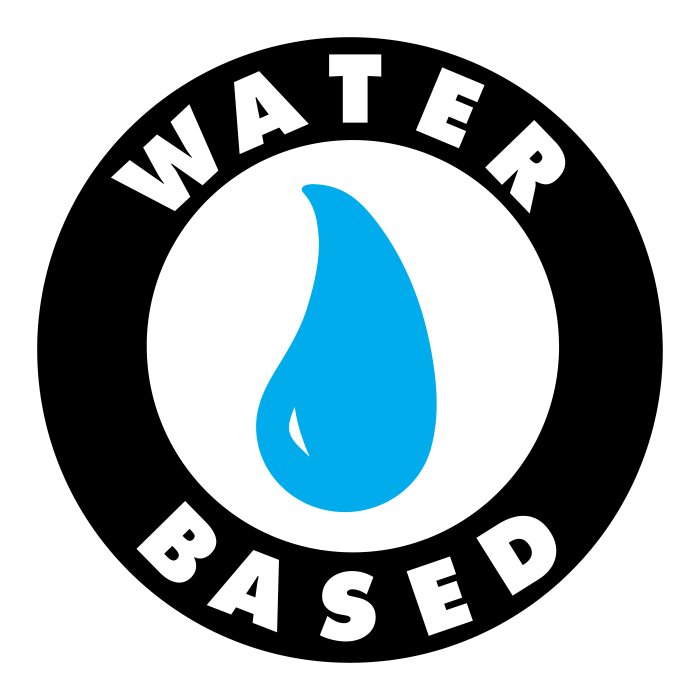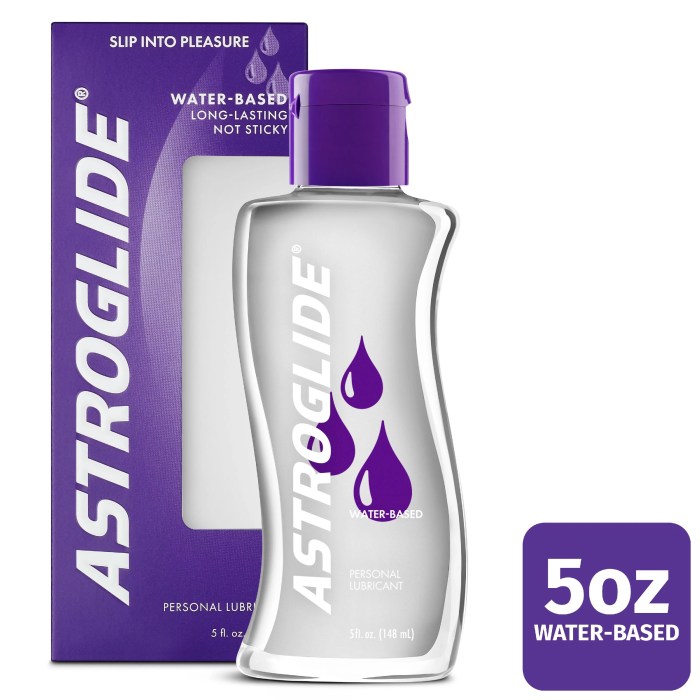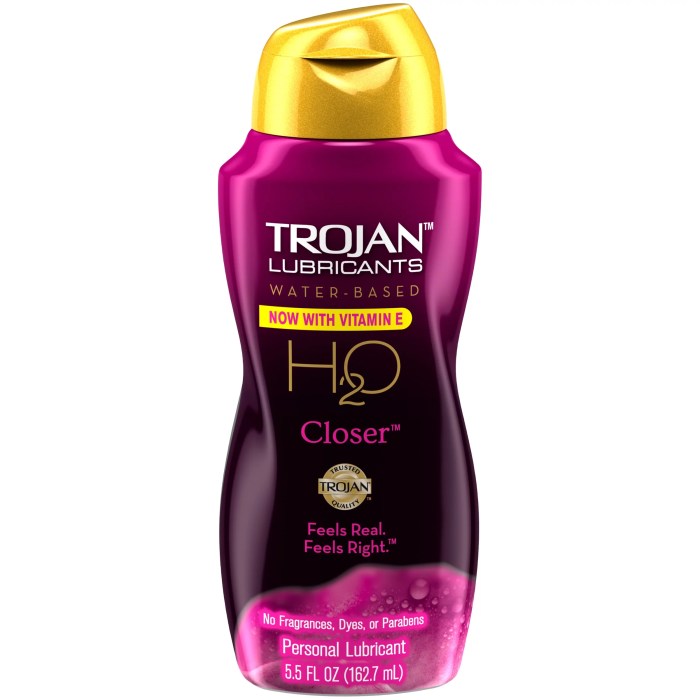Aqueous cleaners are ________ parts cleaning agents. – Aqueous cleaners are ________ parts cleaning agents that offer a myriad of benefits. They are composed of water-based solutions and are renowned for their eco-friendliness, safety, and cost-effectiveness.
Aqueous cleaners encompass a wide range of types, each tailored to specific applications. They are commonly utilized in various industries, including automotive, manufacturing, and electronics, for cleaning parts and components.
Definition of Aqueous Cleaners: Aqueous Cleaners Are ________ Parts Cleaning Agents.

Aqueous cleaners are water-based cleaning agents that are used to remove contaminants from parts and surfaces. They are typically composed of water, surfactants, and other additives that enhance their cleaning properties.
Types of Aqueous Cleaners
There are various types of aqueous cleaners available, each formulated for specific applications. Some common types include:
- Acidic cleaners:Used for removing rust, scale, and other mineral deposits.
- Alkaline cleaners:Effective against organic contaminants such as grease, oil, and carbon.
- Neutral cleaners:Used for general cleaning and are less corrosive than acidic or alkaline cleaners.
- Ultrasonic cleaners:Utilize ultrasonic waves to create cavitation bubbles that dislodge contaminants.
Benefits of Aqueous Cleaners
Aqueous cleaners offer several advantages over other cleaning agents:
- Environmentally friendly:Water-based and biodegradable, minimizing environmental impact.
- Safe:Non-flammable and non-toxic, reducing safety risks.
- Cost-effective:Generally less expensive than solvent-based cleaners.
Applications of Aqueous Cleaners, Aqueous cleaners are ________ parts cleaning agents.
Aqueous cleaners are widely used in various industries and sectors, including:
- Manufacturing:Cleaning parts in automotive, aerospace, and medical industries.
- Electronics:Removing flux and solder residues from circuit boards.
- Food and beverage:Cleaning equipment and surfaces in food processing plants.
- Healthcare:Sterilizing medical instruments and equipment.
Limitations of Aqueous Cleaners
While aqueous cleaners offer many benefits, they also have some limitations:
- Not effective against all contaminants:May not be suitable for removing certain types of contaminants, such as heavy oils or grease.
- Can cause corrosion:Acidic and alkaline cleaners can be corrosive to certain metals.
- Water disposal:The wastewater generated from aqueous cleaning processes must be properly treated and disposed of.
Comparison to Other Parts Cleaning Agents
The following table compares aqueous cleaners to other types of parts cleaning agents:
| Property | Aqueous Cleaners | Solvent-Based Cleaners | Ultrasonic Cleaners |
|---|---|---|---|
| Effectiveness | Moderate | High | Moderate |
| Safety | High | Low | Moderate |
| Environmental Impact | Low | High | Moderate |
| Cost | Low | High | Moderate |
Best Practices for Using Aqueous Cleaners
To ensure the safe and effective use of aqueous cleaners, follow these best practices:
- Read the manufacturer’s instructions carefully:Follow the recommended concentrations and handling procedures.
- Wear appropriate personal protective equipment (PPE):Use gloves, eye protection, and a respirator if necessary.
- Handle and store properly:Keep cleaners in a cool, well-ventilated area and avoid spills.
- Dispose of wastewater responsibly:Treat and dispose of wastewater in accordance with local regulations.
Emerging Trends in Aqueous Cleaners
Recent advancements in aqueous cleaner technology include:
- Biodegradable and sustainable options:Cleaners made from plant-based or other renewable resources.
- Low-foaming formulations:Reduce foaming during cleaning processes.
- Enhanced cleaning performance:Improved surfactant technologies for better contaminant removal.
Question & Answer Hub
What are the advantages of using aqueous cleaners?
Aqueous cleaners offer numerous advantages, including environmental friendliness, safety, and cost-effectiveness.
Are aqueous cleaners safe to use?
Yes, aqueous cleaners are generally safe to use as they are composed of water-based solutions and do not contain harsh chemicals.
What industries commonly use aqueous cleaners?
Aqueous cleaners are widely used in various industries, including automotive, manufacturing, and electronics, for cleaning parts and components.


